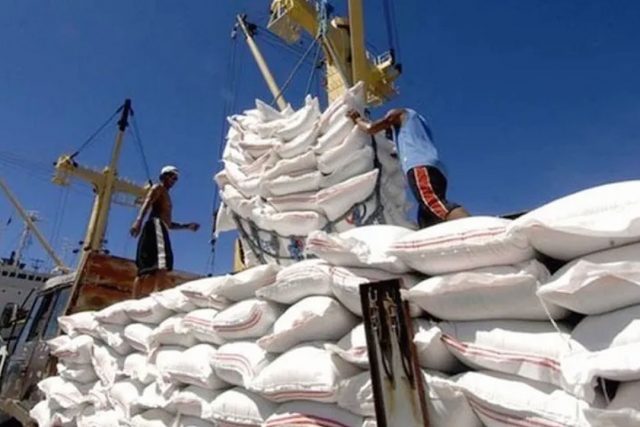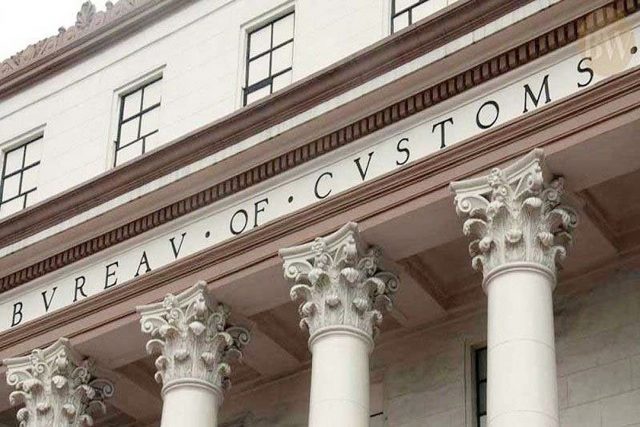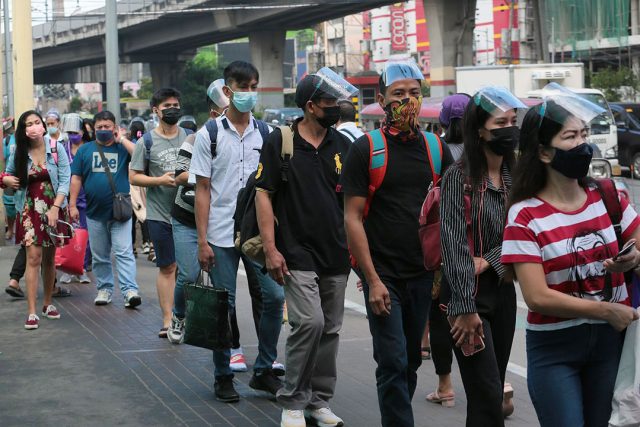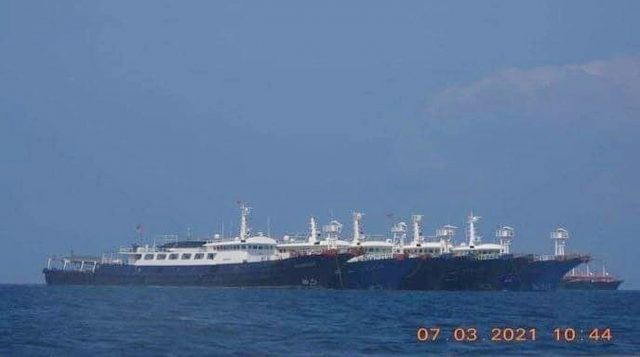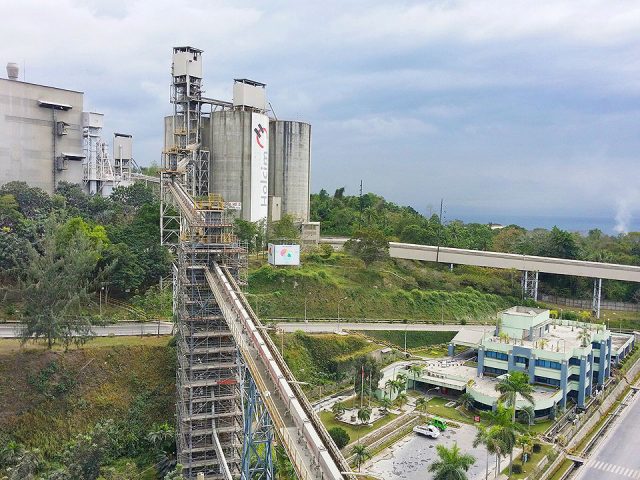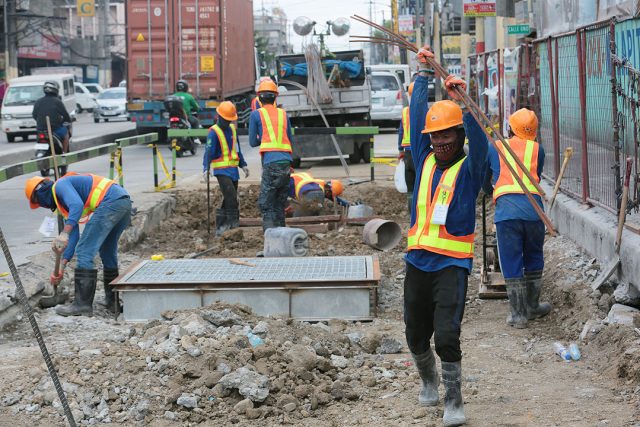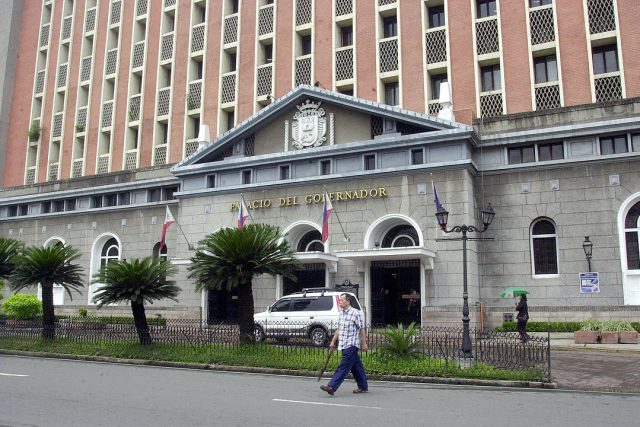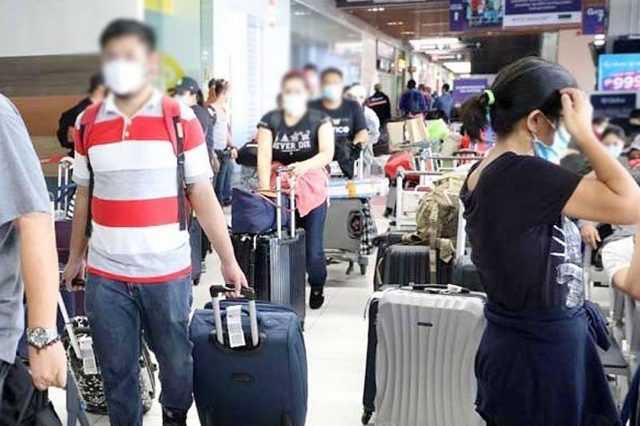Traders seen as main beneficiaries of food import liberalization
FARMERS and fishermen are not reaping the benefits of the liberalization in food imports, with much of the value captured by traders, participants in a food security forum said on Monday.
“Farmers’ losses are significant and far outweigh any gains of consumers,” National Manager Raul Q. Montemayor of the Federation of Free Farmers said in his virtual presentation. “Pro-import policy and consumer bias of government has exacerbated the problems of farmers.”
In the forum hosted by Tugon Kabuhayan, Mr. Montemayor said the rice tariffication law has largely benefited importers and traders while subjecting farmers to intense competition from imports, putting pressure on their earnings.
“There is no significant improvement in production volume, yield, cost of production, and competitiveness despite support from Rice Competitiveness Enhancement Fund (RCEF) and tariff proceeds,” he said, referring to some of the features of the law, which calls for rice imports to pay tariffs which then go towards funding programs that make domestic farmers more productive.
“We haven’t seen any significant changes since the law was passed. In the two years that the law came into effect, it resulted in a P56-billion loss for our farmers. This should have lowered the retail price and passed the savings on to the consumers. Instead, the importers and traders pocketed the difference,” Mr. Montemayor added.
The Philippine Statistics Authority estimates that 31.6% of farmers and 26.2% of fisherfolk are classified as poor. These percentages are equivalent to about 5.5 million farmers and 4.6 million fishermen.
Philippine Tilapia Stakeholders Association President Jon G. Juico said imports have affected fishermen as well.
“The tilapia farmgate price in Central Luzon is about P64-65, compared to P80-85 pesos last year. That’s why so many fishermen here in Central Luzon cannot compete and are driven further into debt,” Mr. Juico said. “We used to harvest twice a year, but now due to the pandemic we only harvest once a year. Tilapia is always abundant here in Central Luzon, but if this trend continues many fish farmers will stop producing.”
In October, 60,000 metric tons (MT) of galunggong (round scad) and mackerel were imported and sold in public markets. The government authorized the imports to ensure adequate supply during the three-month closed season and keep inflation in check.
Prudenciano U. Gordoncillo, a lecturer at the University of the Philippines Los Baños, said producers need to diversify in order to be more resilient against imports.
Mr. Gordoncillo added that the Philippines focuses too much on rice, and that farmers need to explore other crops.
“Corn used to be the primary source of carbohydrates in the Visayas and Mindanao, then it was replaced by rice,” he said. “But rice is harder and more expensive to produce than corn. Nutrition-wise, corn, cassava, gabi, and rice are the same. They are all carbohydrates. We shouldn’t just rely on one commodity.” — Luisa Maria Jacinta C. Jocson

